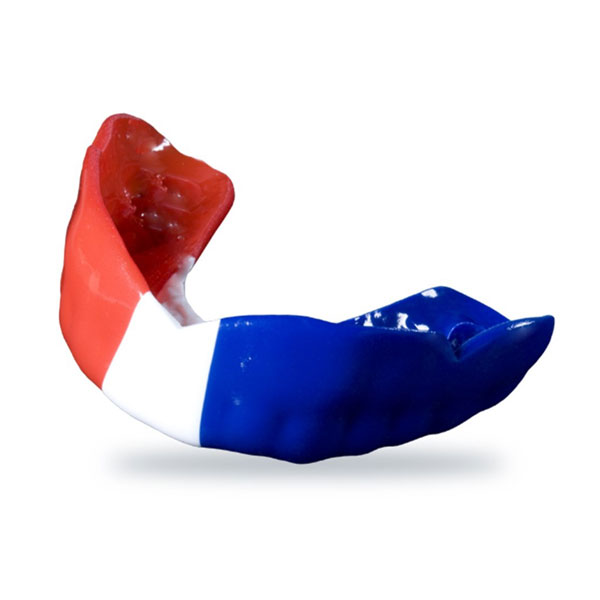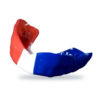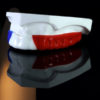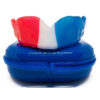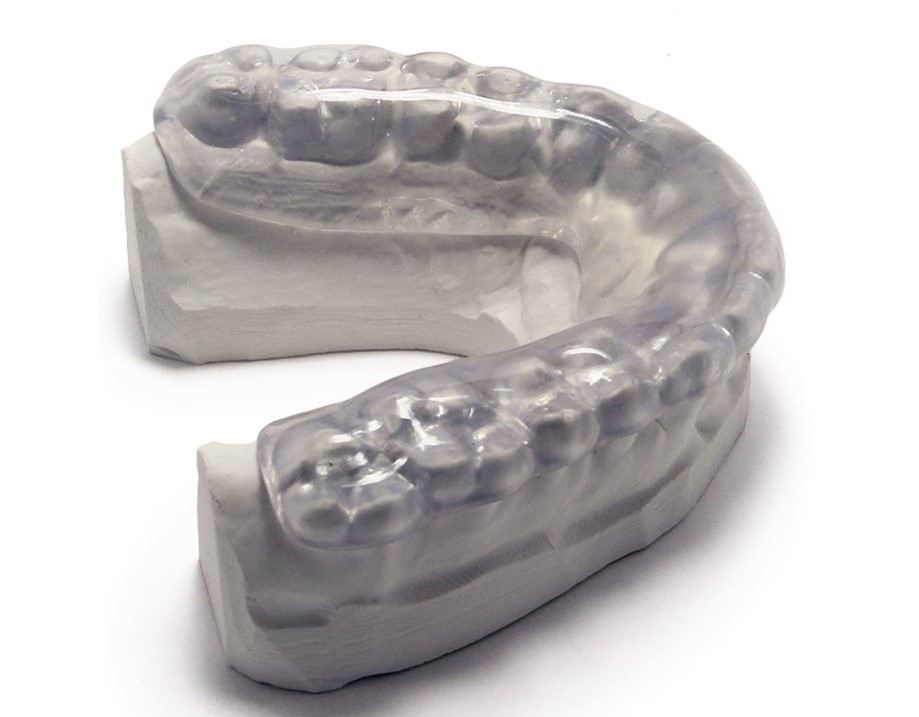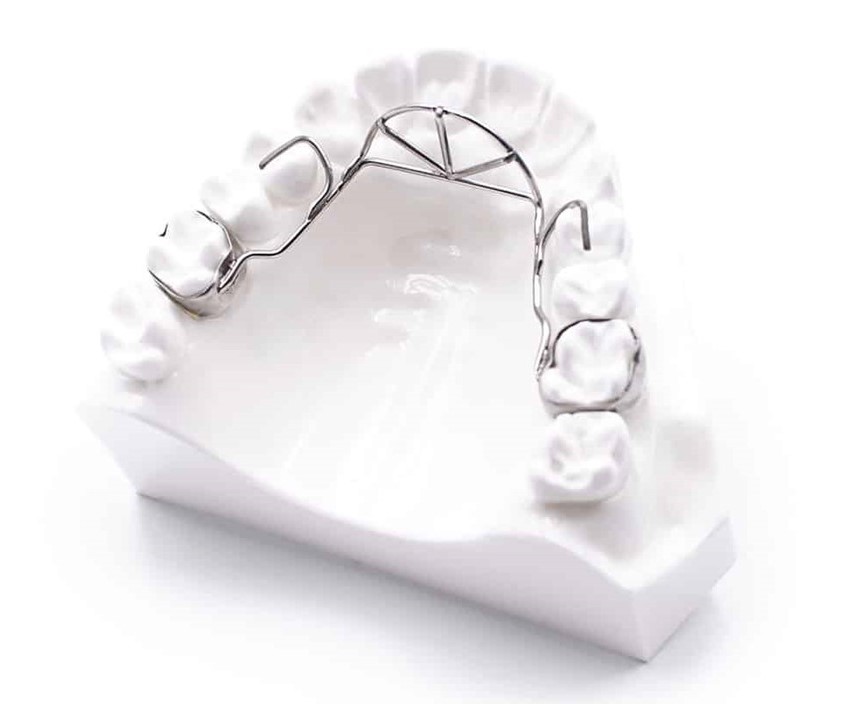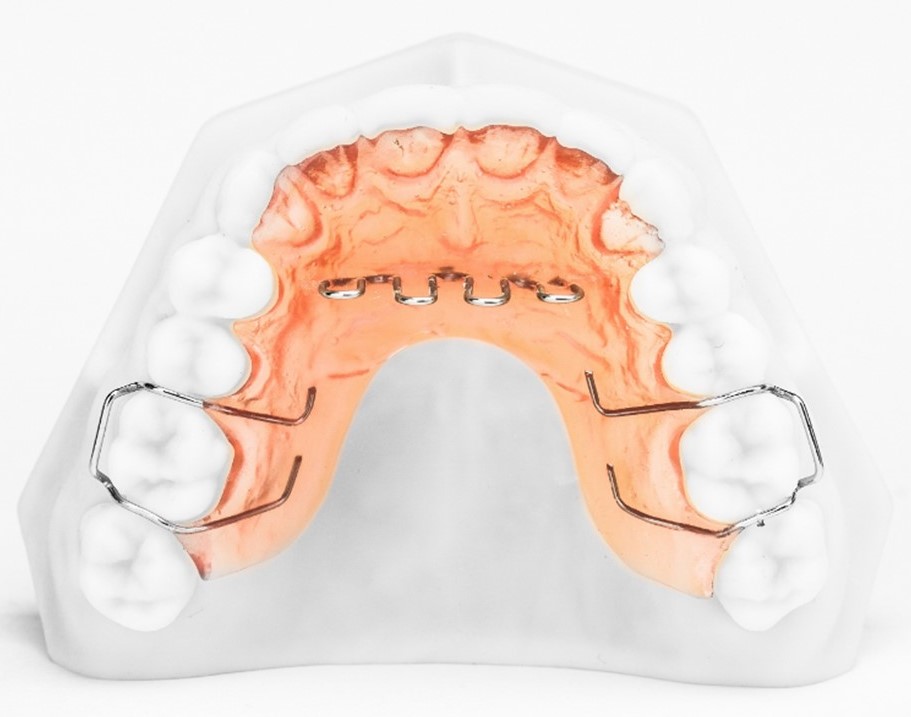Description
Treatment & Care
The American Dental Association (ADA) explains that your top teeth typically take the brunt of the impact during a mouth injury because they extend further out than the bottom row of teeth. In contact sports like hockey, football, karate and boxing, it’s vital to protect your teeth.
Custom-fitted mouth protectors are individually designed and made in a dental office or a professional laboratory based on your dentist’s instructions. First, your dentist will make an impression of your teeth and a mouth guard is then molded over the model using a special material. Due to the use of the special material and because of the extra time and work involved, this custom-made mouth guard is more expensive than the other types, but it provides the most comfort and protection.
In addition to orthodontics, after making a considerable investment in crowns and bridgework, it only makes sense to protect them against possible injury.
How to Take Care of Mouthguards
The ADA suggests keeping your mouthguard clean and dry by following this routine:
- Rinse or brush it with a toothbrush and toothpaste after every use.
- Clean it regularly with soap and cool water and rinse thoroughly.
- During dental visits bring it for cleaning and evaluation regarding fit.
- Store and transport it in a sturdy container with vents.
- Never leave it in the sun or in hot water.
- Replace your mouthguard when it becomes worn.


